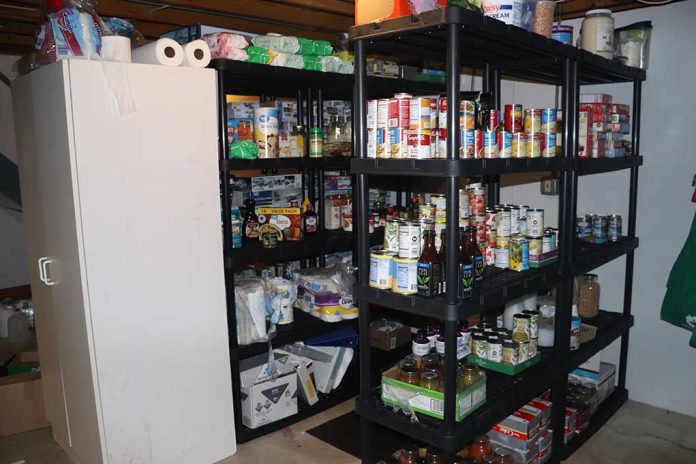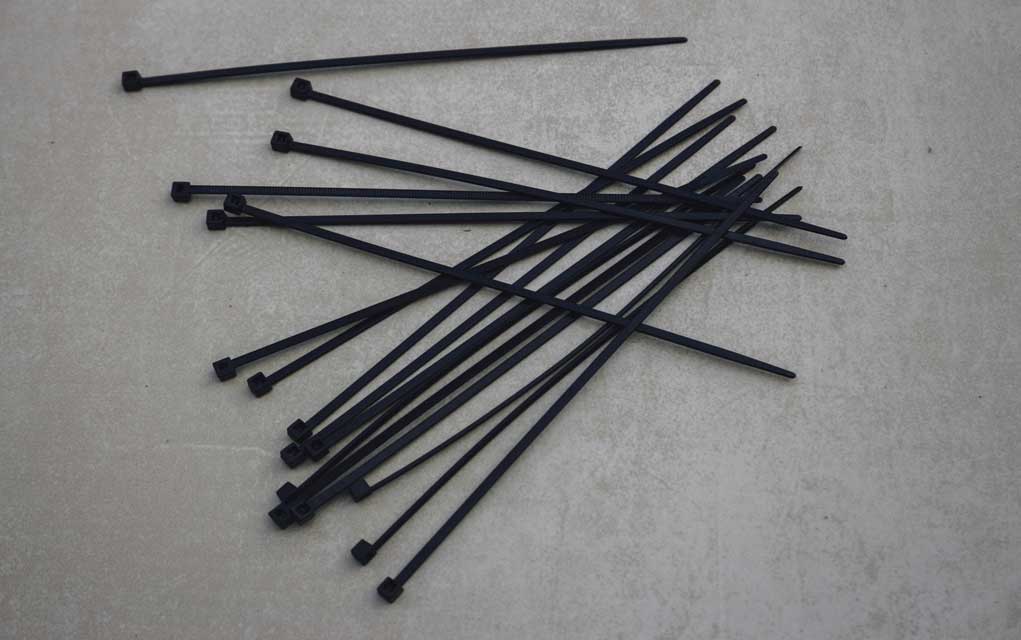(ModernSurvival.org) – Buying goods in bulk quantity has gained traction and become more popular than ever in recent years. Products such as toilet paper, paper towels, personal care items, and foods with a long shelf life tend to top the list of bulk purchases. The general consensus is that buying large quantities of these items will save money in the long run — but is that really true?
The Good
The truth is that, more often than not, buying certain varieties of home staples in bulk will save money in the long run. The per unit cost (how much is charged for each roll of toilet paper or each ounce of soup) is generally lower than smaller packages of the same goods.
In addition to a lower per-unit cost, purchasing products in larger quantities can also lead to reduced fuel usage and fewer trips to the gas pump. If you already have everything you need at home, you won’t be running back and forth to the grocery store every other day to pick up essentials. Not only will buying in bulk save trips, but it’s also a great way to beat inflation. When items’ prices continue to skyrocket, purchasing enough to last a while means you won’t have to worry about paying more for them each time you visit the grocery store.
Buying in bulk is a fantastic way to create an emergency nest egg too. While the rest of the country desperately searched for toilet paper during a recent supply shortage, bulk buyers were sitting comfortably at home, avoiding the panic-buying crowds.
The Bad
Not everything sold in bulk is a good deal, especially if you won’t use it before it goes bad. This is why being mindful of the type of product you purchase in bulk is vital. Condiments and spices may seem like a good investment at the time, but they do eventually spoil. Unless you really love mustard, having an 11-pound tub of it taking up space likely isn’t a great idea.
Buying in bulk does require storage space. Bulk purchases are more feasible for those with multiple refrigerators, freezers, or a walk-in pantry, than for those living in apartments with limited storage capacity.
Additionally, the up-front cost of buying in bulk is higher than buying smaller quantities. Yes, the cost of each unit (or ounce) will be lower — often much lower — but the initial price tag may be too high for many households. That said, bulk goods aren’t always cheaper than their smaller counterparts, so being a vigilant shopper who checks the actual cost of items is essential.
What Items are Best for Bulk Buying?
All items are not created equal when it comes to bulk buying. Foods with a short shelf life that can’t (or won’t) be immediately canned or frozen are best avoided. There are plenty of items that serve as great bulk investments, though. Some to consider include:
- Peanut Butter – Peanut butter stores well and is nutritious, making it a great item to store for everyday and emergency purposes.
- Pasta – Pasta has an incredibly long shelf life making it an ideal choice for bulk purchases.
- Canned Food – Again, canned foods have long shelf lives. This goes for everything from canned fruits and vegetables to canned tuna and chicken.
- Bread – While this may seem odd, as bread goes bad and molds quickly, it can be stored in a freezer to extend its life.
- Paper Goods – Toilet paper and paper towels are great investments if you have the area to store them. Finding these products on sale can compound your savings too.
In the long term, bulk buying will save you money so long as you are careful with your purchases. Stay within your budget, and don’t get caught up buying items simply because they’re available or on sale. If you won’t use the product before it expires, leave it on the shelf.
For information on the best locations to store your bulk purchases, take a look at our article here.
Copyright 2023, ModernSurvival.org













